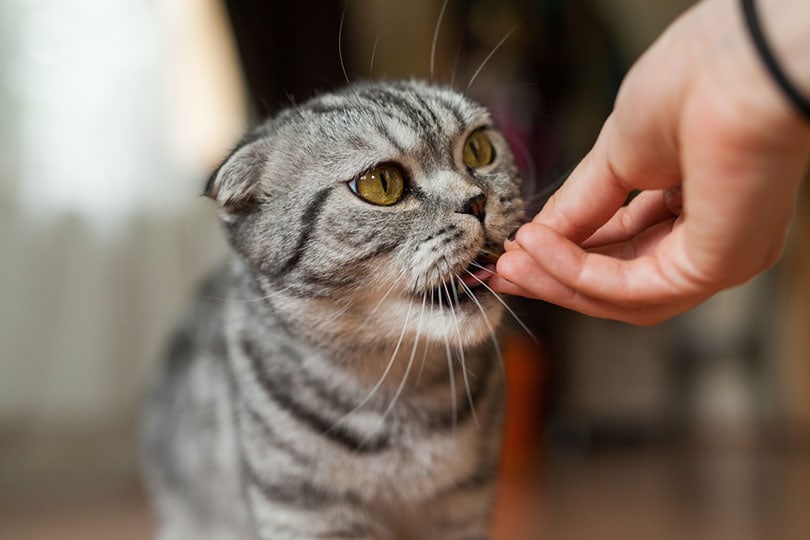Hospitalisation
Your vet may decide that your cat needs to be hospitalised for intensive care. That includes IV drip (intravenously drip), subcuntaneous fluids or oxygen chamber.
Wet FIP Fluid
It is highly recommended to NOT HAVE IT DRAINED without consulting your vet or a FIP expert. A discussion with someone who is well experinced in treating FIP leads to a better decision in the case of body fluid (abdomen and/or pleural cavity).
Draining this accumulated fluid is risky and can lead your cat to go into shock and possible death.
If the fluid must be drained, it should be no more than an enough amount to release the negative effects that it causes; such as labored breathing, difficulties in movement, eating or bowel movment.
Assist Feeding
It is important to keep your cat fed and hydrated in the first stages of FIP treatment. If your cat stops eating by itself, it needs to be force fed using a sryinge. This will prolong your cat's chances of survival and prevent death casued by lack of nutrition and hydration.
Supportive Medicine
Many Feline Infectious Peritonitis (FIP) cases need and benifit from antobiotics and anti-inflammatory courses in the beggining of GS441524 treatment. This helps stabilise your cat's condition before starting and during the first 2-3 weeks of treatment.
The vet may prescribe other supplements like kidney, liver or vitamins supplements according to the cat's condition and its blood test report results.

